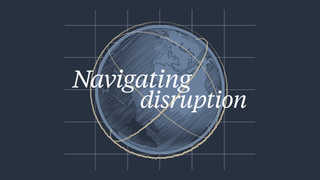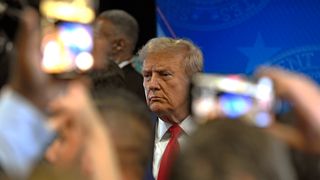There is no word with more purchase in present political discourse than Globalisation. But what does it mean, and why is it so important?
This panel surveyed the extent of today’s globalisation, and asks: How globalised is the world really? What is the significance of this idea for politics? Is globalisation good for us? Does the European Union represent the past or a future, a world increasingly interconnected and interdependent, or torn apart? Have we arrived at an impasse and begun to fragment around nationalist economics and ideologies?








